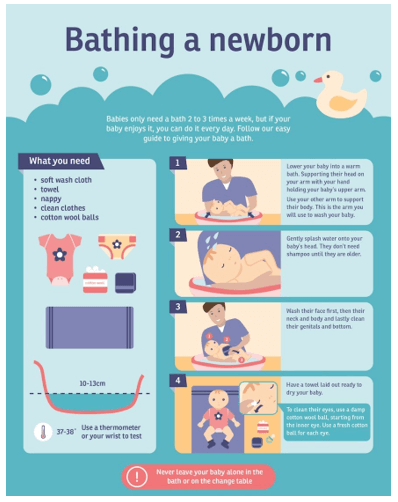A nurse is assisting with the care of a client who has schizophrenia and auditory hallucinations. Which of the following responses should the nurse make?
"I'm sure the voices will go away soon."
"Let's talk about what the voices are saying to you."
"You should talk to your counselor about the voices."
"Tell me what medications you are taking."
The Correct Answer is B
This response acknowledges the client's experience and shows a willingness to understand and address their concerns.
It opens up a dialogue about the hallucinations, allowing the nurse to gather more information and assess the client's current mental state. It also demonstrates empathy and support, which can help build trust between the nurse and the client.
Offering to discuss the voices with the client can also help in developing coping strategies and exploring potential interventions to manage the hallucinations effectively.
Nursing Test Bank
Naxlex Comprehensive Predictor Exams
Related Questions
Correct Answer is B
Explanation
This statement demonstrates an understanding of the concept of spacing out immunizations to reduce the number of shots given during a single visit. By making multiple office visits, the parent can ensure that their child receives the recommended immunizations while minimizing the number of injections at each visit.
Lactose intolerance is not a contraindication to receiving immunizations. Most vaccines do not contain lactose, and even if they do, the amount present is typically minimal and not expected to cause an adverse reaction in individuals with lactose intolerance.
The first flu immunization is typically recommended for children starting at 6 months of age, not at 6 years of age.
The human papillomavirus (HPV) vaccine is typically recommended for preteens and adolescents, usually starting between the ages of 11 and 12. It is not typically administered when a child enters kindergarten.
Correct Answer is C
Explanation
Explanation:
Sponge baths are recommended until the umbilical cord stump falls off, which typically occurs within the first two weeks of life. After that, the baby can be immersed in water for a regular bath.
Using talcum powder is not recommended as it can be harmful to the baby's respiratory system if inhaled. Mild, pH-balanced soap should be used instead of alkaline soap to avoid irritating the baby's delicate skin.
The bathwater temperature should be around 98 degrees Fahrenheit and not hoter than 100 degrees Fahrenheit to prevent burns.

Whether you are a student looking to ace your exams or a practicing nurse seeking to enhance your expertise , our nursing education contents will empower you with the confidence and competence to make a difference in the lives of patients and become a respected leader in the healthcare field.
Visit Naxlex, invest in your future and unlock endless possibilities with our unparalleled nursing education contents today
Report Wrong Answer on the Current Question
Do you disagree with the answer? If yes, what is your expected answer? Explain.
Kindly be descriptive with the issue you are facing.
